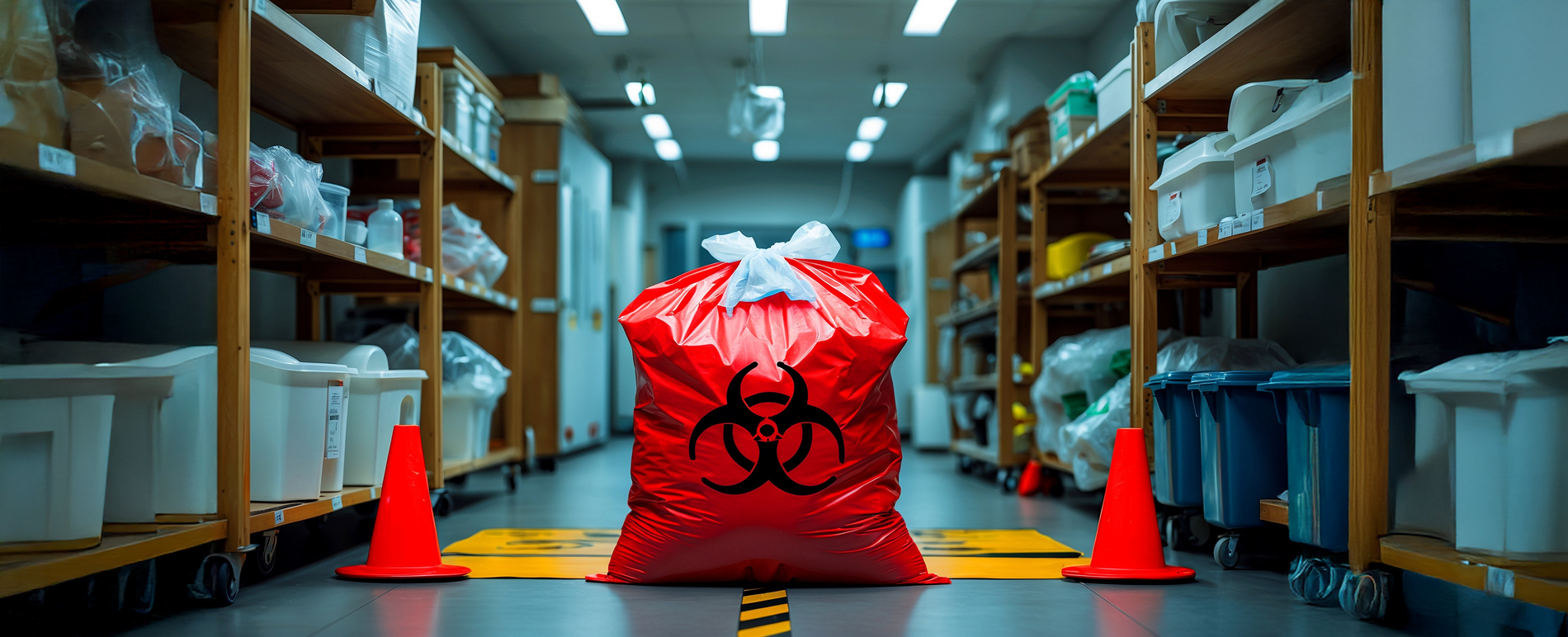Pharmaceutical waste comes in many forms—expired medications, unused doses, contaminated packaging, and hazardous drugs—and each type must be managed with care. Whether you’re a hospital, clinic, pharmacy, or veterinary practice, proper disposal of both non-hazardous and hazardous pharmaceutical waste is essential to maintaining safety and compliance.
Non-Hazardous Pharmaceutical Waste
Non-hazardous pharmaceutical waste includes medications that do not pose an immediate threat to human health or the environment if properly managed—such as over-the-counter drugs, saline solutions, and certain prescription medications. While less dangerous, these materials must still be disposed of in accordance with EPA, DEA, and state-specific regulations to prevent environmental contamination and drug diversion.
Hazardous Pharmaceutical Waste
Hazardous drugs—such as chemotherapy agents, certain antibiotics, or controlled substances—are regulated under RCRA (Resource Conservation and Recovery Act) due to their toxicity, flammability, or reactivity. Mishandling these substances can result in:
- Risk to employee and public health
- Severe environmental damage
- Significant regulatory penalties
Why Professional Disposal Matters
Partnering with a licensed provider like Amergy Disposal ensures your pharmaceutical waste is:
✅ Properly sorted and segregated
✅ Collected and documented for full compliance
✅ Safely treated and disposed of
✅ Managed according to federal, state, and DEA guidelines
Final Thought
Don’t let improper pharmaceutical waste disposal put your staff, community, or facility at risk. From non-hazardous meds to high-risk drugs, safe handling isn’t optional—it’s critical.

